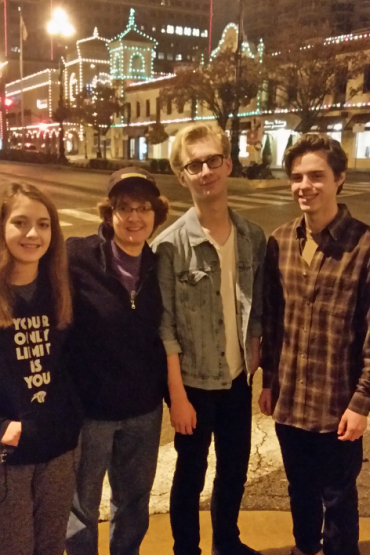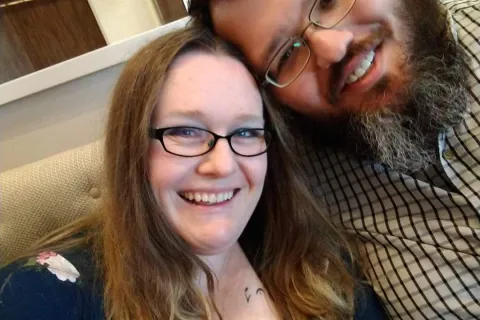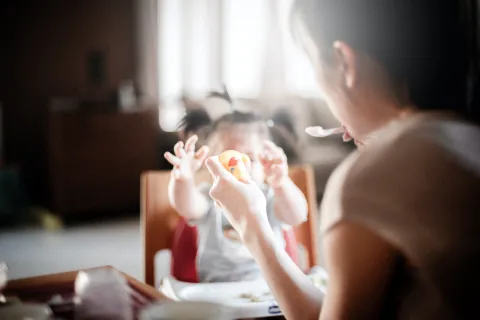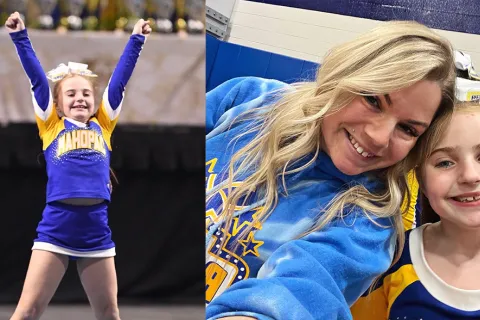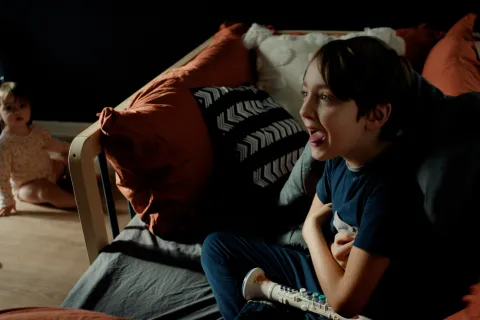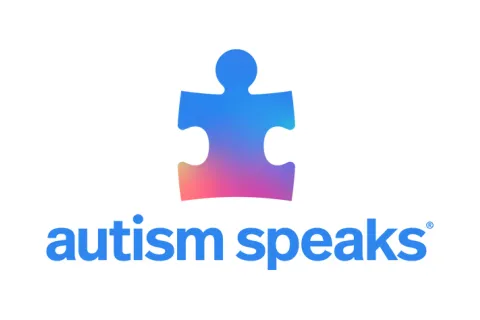Leaning into autism: Adapt the holiday season to fit your needs
Our expert discovers creating new traditions is the perfect gift
By Anne Grego-NagelDr. Anne Grego-Nagel was diagnosed with autism in her 40’s while she was raising her three children. Currently, Anne is a human factors specialist at Autism Speaks where she works on employment issues. Trained as a cognitive engineer, she works to design products, services, processes and tasks based on how the brain processes information.
This holiday season I got an unusual gift for the holidays – the lack of social obligations due to COVID-19.
No parties, no crowds, little in-person shopping, no travel, no uncomfortable clothing and no office gift exchanges or potlucks. This once-in-a-lifetime event has shown me how much I mask or hide my autism over the holidays. I’ve realized that forcing my brain to do uncomfortable activities all of these years has diminished my enjoyment of the holiday season.
This year, I’m going to lean into my autism and figure out what traditions fit with my brain’s wiring, because when I embrace my autism, my whole family benefits.
Here’s what I’ve been learning about myself and my autism:
- Holiday traditions are social behavior that we pass down through the generations. I have trouble understanding social behavior. Recognizing this has helped me understand what I enjoy and what stresses me. I’m more relaxed now that I understand why the holidays are unfulfilling.
- Everyone’s holiday calendar is different. My holiday season begins in October with the run-up to Halloween. This year as my neighbors decorated for Halloween, I felt my stress building. Then we fell back an hour. The change from daylight saving time is very confusing for my brain. This year, we also had an election. As a culture we pack a lot into October, November and December. Instead of viewing each holiday as a separate activity, I now look at the time as a long race. I have to allocate my energy to make it through to New Year’s. A different strategy is needed to get me to the end of the holidays.
- Gift giving is a complex social interaction that requires many decisions. Decision making, especially in social situations, is a big problem for me. Over the years, I have developed coping strategies to deal with social decisions. This year, I developed a gift strategy.
- Ask for a list. My daughter gives us a detailed list of what she wants each year. This helps. If I don’t receive a list, a gift card is a fine gift. Struggling to choose gifts is not a reflection of my caring or my creativity.
- Ask for help. My struggle with gifts extends into what to give co-workers and neighbors. This year, a good friend sent me a list of gifts that she gives to her clients every year. This has helped greatly.
- Don’t second guess myself. When I stumble upon the perfect gift that truly fits someone, my brain does a little happy dance. At that point, I don’t question myself and just purchase the gift. Last year, I learned how to use a military-grade tourniquet, which is really cool. Immediately I thought of my daughter’s boyfriend who is a woodworker. I ran with the idea. My husband objected wondering, “Who gives a tourniquet as a gift?” The design of the tourniquet was so simple and functional that I wanted to share this amazing find. My daughter’s boyfriend loved the gift and hopes that he’ll never need to use it.
- Try your best to adapt the holidays to fit your autism. Every year on Thanksgiving night, Kansas City kicks off the holiday season by flipping on the Country Club Plaza’s Christmas lights. Thousands of people cram into the few blocks that make up the plaza. The crowd is just too much for me, but I wanted to share the experience with my children. Instead of braving the crowds, my husband and I took our kids to the 2 a.m. testing of the lighting ceremony a couple of days before Thanksgiving. We enjoyed the start of the Christmas season with a couple hundred people spread over many blocks.
Well, I hope these tips help you and your family make it through this very different holiday season and many here after. I wish you all a wonderful holiday season. Please take this time to treat yourself with kindness, love and respect.

